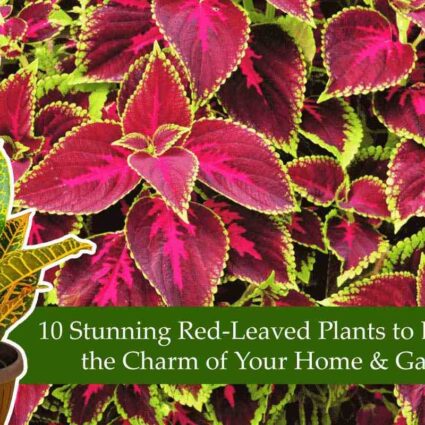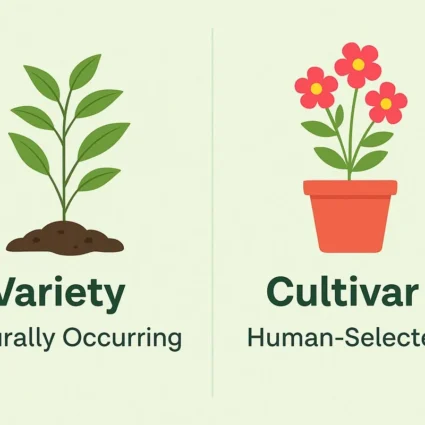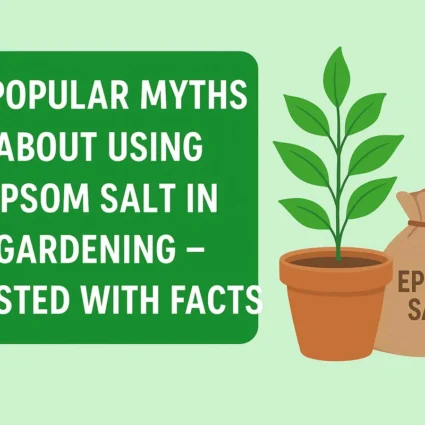
Thriving in Minimal: 7 Indoor Plants That Excel in Low-Nutrient Soil
Gardening or planting in low-nutrient soil can be challenging. However, today, we will introduce you to indoor plants that effortlessly thrive in soil with fewer nutrients. Planting indoor greenery fills our homes with lush foliage and beautiful blooms and raises questions about placing plants in low-nutrient soil. Concerns may include how the plants will grow or whether planting in soil with low nutrients is advisable. Let’s delve into the fact that even in low-nutrient soil, some indoor plants can exhibit robust growth and enhance the aesthetic appeal of our living spaces.
7 Indoor Plants That Excel in Low-Nutrient Soil
- Snake Plant (Sansevieria trifasciata)
- Spider Plant (Chlorophytum comosum)
- Peace Lily (Spathiphyllum)
- Pothos (Epipremnum aureum)
- ZZ Plant (Zamioculcas zamiifolia)
- Philodendron (Philodendron spp.)
- Anthurium
Snake Plant (Sansevieria trifasciata):

The Snake Plant, distinguished by its bold, upright leaves, is a robust companion capable of enduring low light and minimal nutrient conditions. This hardy plant emerges as an air-purifying champion, enhancing indoor air quality and making it an ideal selection for offices and bedrooms. With its striking appearance and resilience in challenging environments, the Snake Plant adds a touch of elegance and contributes to a healthier living space, cementing its status as a low-maintenance and functional indoor plant.
Also Read This :Homegrown Happiness: Tips and Tricks for Thriving Strawberry Plants
Spider Plant (Chlorophytum comosum):

The Spider Plant, famed for its cascading arches of green and white leaves, stands out for its remarkable adaptability, thriving even in environments with low nutrient levels. This resilient plant endures such conditions and produces offshoots known as “siderites,” forming a captivating cascade of greenery. With its ability to flourish in less-than-ideal soil and its visually appealing offspring, the Spider Plant becomes an ideal choice for those seeking an adaptable and aesthetically pleasing addition to their indoor green spaces.
Also Read This :Growing Brinjal (Eggplant) at Home: A Comprehensive Guide for a Bountiful Harvest
Peace Lily (Spathiphyllum):

The Peace Lily, adorned with elegant white blooms and lush green foliage, offers aesthetic charm and proves to be a low-maintenance delight for individuals dealing with nutrient-deficient soil. Thriving in conditions with less nourishment, this plant showcases resilience by tolerating low light levels and infrequent watering. Its versatility and ability to succeed in less-than-ideal environments make the Peace Lily a perfect addition to spaces where a touch of beauty and simplicity is desired without the need for extensive care.
Also Read This :Green Serenity: Key Considerations for Thriving Balcony Plants
Pothos (Epipremnum aureum):

Pothos, commonly called Devil’s Ivy, is a trailing plant that effortlessly introduces a vibrant touch of green to any environment. Recognized for its adaptability, Pothos excels in diverse conditions, including environments with low-nutrient soils. This makes it an excellent choice for beginners seeking an undemanding yet visually appealing indoor plant. With its cascading vines and heart-shaped leaves, Pothos adds a refreshing and lively atmosphere to spaces, making it a popular and resilient choice for those new to plant care.
Also Read This :Planting Oriental Arbor-vitae Made Simple: Easy Tips for Success at Home
ZZ Plant (Zamioculcas zamiifolia):

The ZZ Plant is a resilient and attractive choice for environments with low nutrient levels. Its glossy, dark green leaves add a touch of sophistication to any room and serve as a testament to its durability. Renowned for its ability to thrive amidst neglect, the ZZ Plant is an ideal companion for those seeking a low-maintenance and visually appealing indoor plant. Its adaptability and striking aesthetics make it a perfect addition to spaces where minimal care is preferred.
Also Read This :Embracing Prosperity with Money Plant to Aloe Vera, These 7 Auspicious Plants
Philodendron (Philodendron spp.):

With diverse shapes and sizes, Philodendrons stand out as a versatile option for indoor gardens. Their adaptability to low-nutrient soils and reputation for being low-maintenance makes them an ideal choice for plant enthusiasts. Whether in small spaces or larger environments, Philodendrons bring a touch of greenery with minimal care requirements. This adaptability and aesthetic appeal position Philodendrons as a go-to plant for those seeking a resilient and attractive addition to their indoor spaces.
Also Read This :February Bounty: 8 Vegetables You Can Thrive in Pots for a Productive Garden
Anthurium:

Anthuriums emerge as an excellent choice for indoor gardening in soil with lower nutrient content. Planting and caring for an Anthurium in low-nutrient soil, whether in a pot or a grow bag, is remarkably easy. You are known as the “Flamingo Flower,” the Anthurium plant has gained immense popularity for its distinctive, heart-shaped leaves and striking flowers. Bringing Anthuriums indoors fills your home with lush green foliage and adds a touch of allure with its vibrant red, white, and yellow blooms, making your living space a visually stunning haven.
Also Read This :Seedless Success: Effortless Gardening with These Plants You Can Grow Without Seeds
Creating a thriving indoor garden can be simple, especially when working with less-than-ideal soil conditions. These seven resilient plants tolerate low-nutrient environments and bring beauty and vitality to your home. Experiment with combinations and discover the joy of cultivating a green haven, even in less-than-perfect growing conditions.




